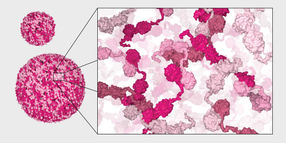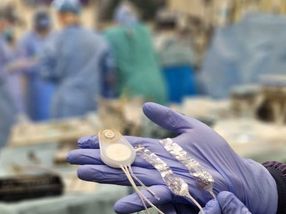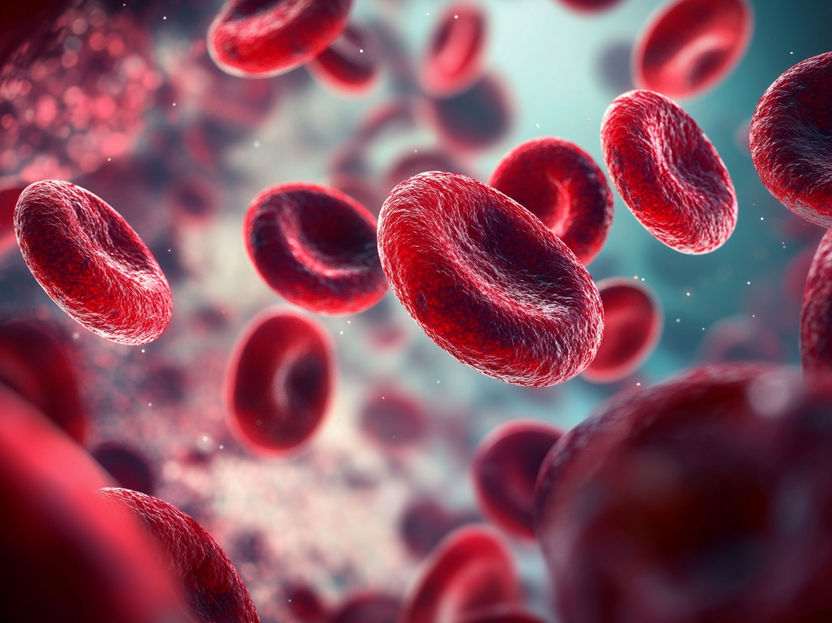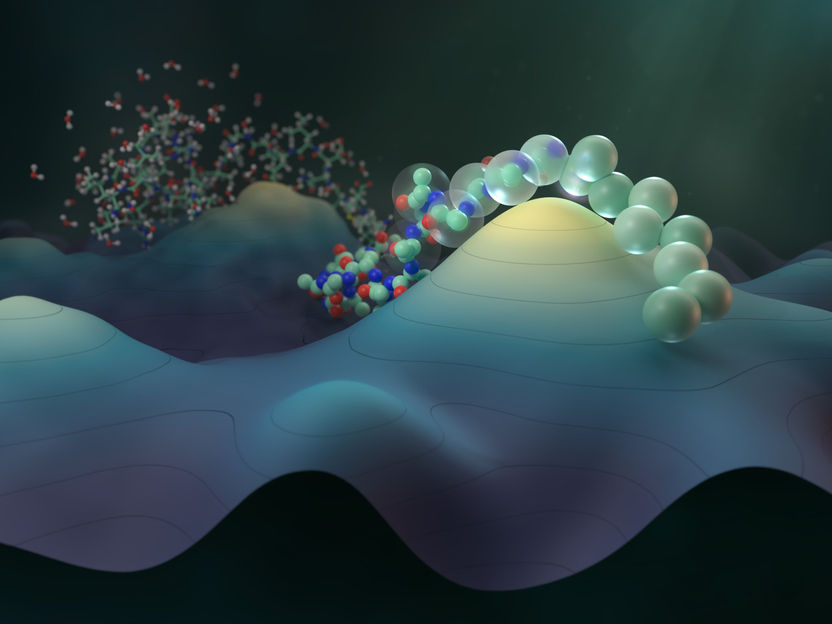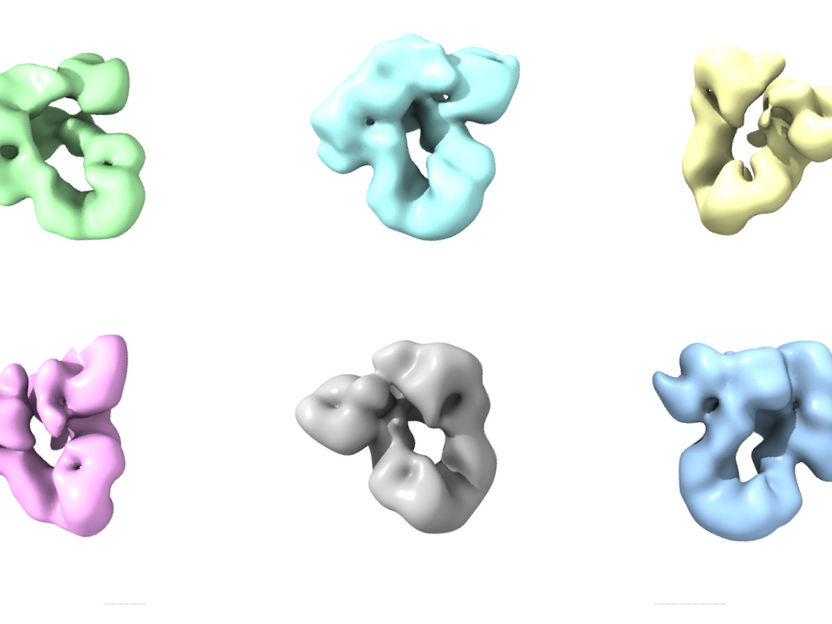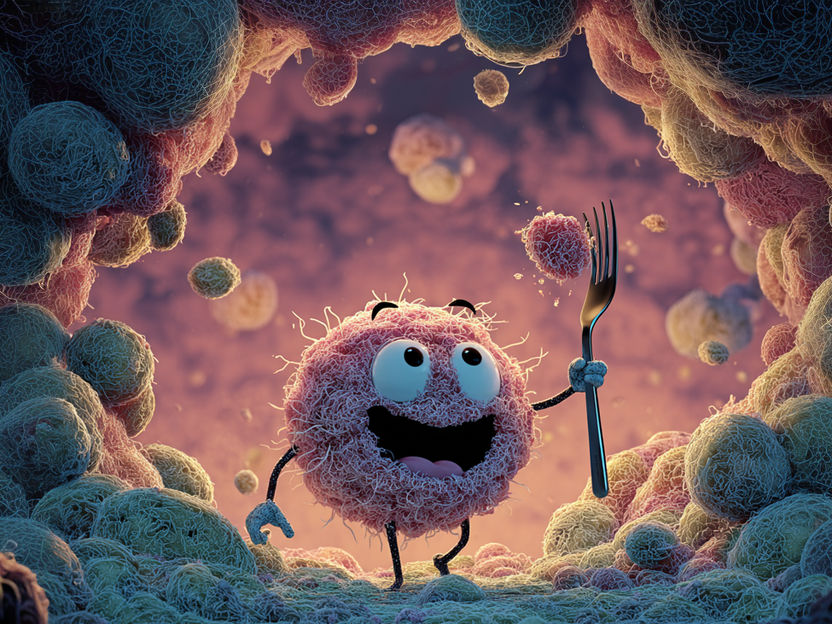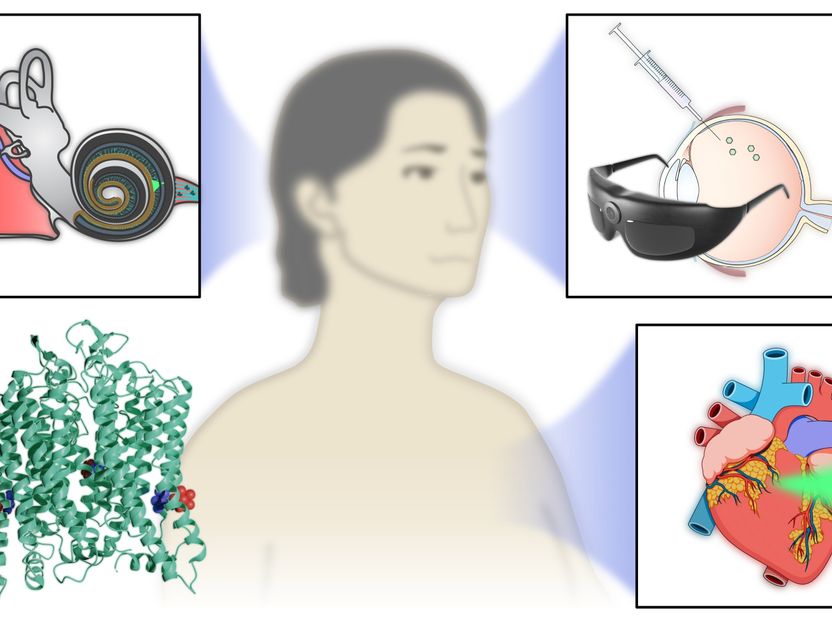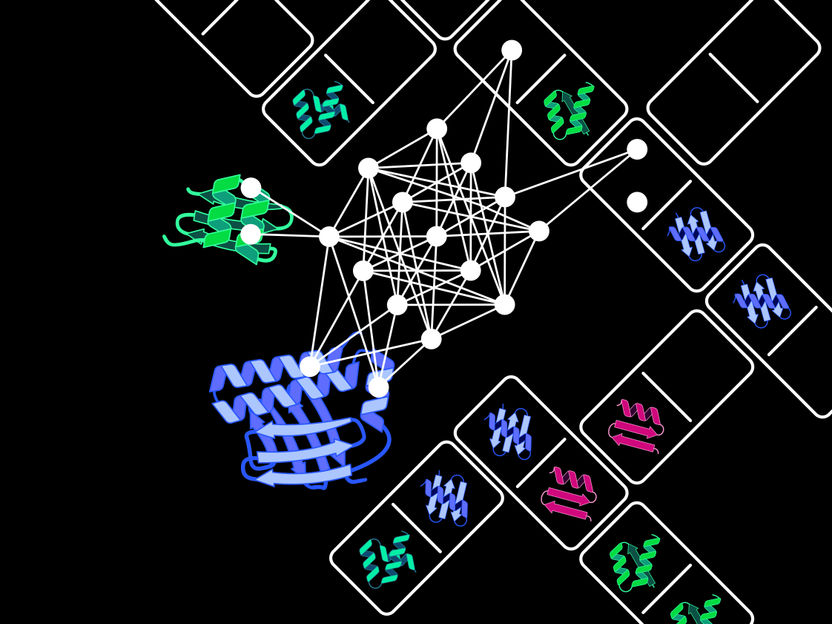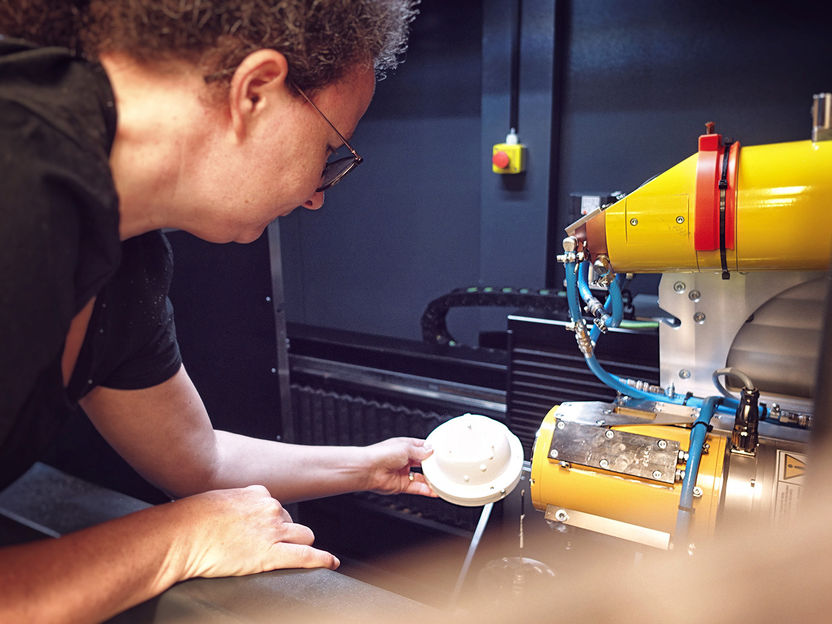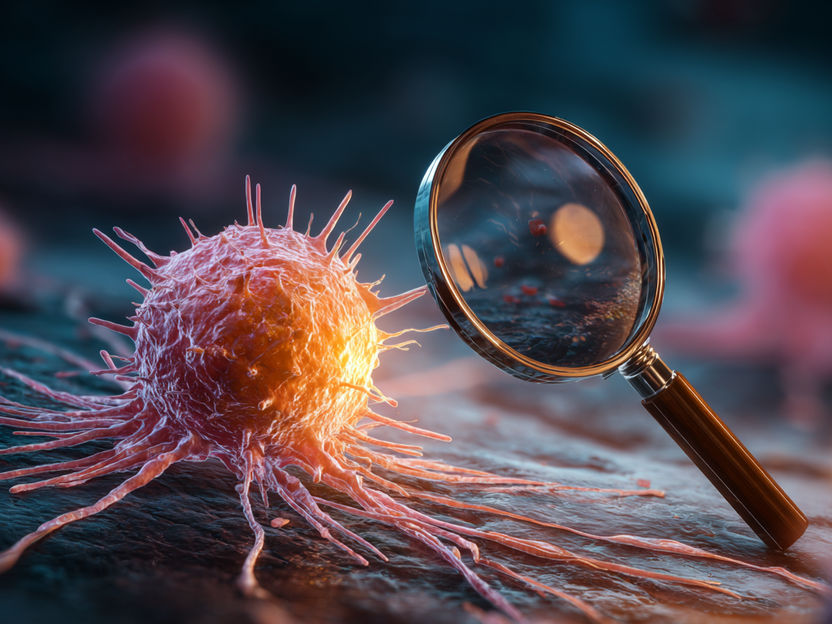Mobile science for a planet in transition
With the support of the Klaus Tschira Foundation, the European Molecular Biology Laboratory (EMBL) is ushering in a new era in the life sciences
Advertisement
With funding from the Klaus Tschira Foundation, the European Molecular Biology Laboratory (EMBL) is ushering in a new era of field-based molecular life sciences. On scientific expeditions throughout Europe, mobile laboratories will investigate freshwater ecosystems and the pressures placed on them by humans.
There is no question that our planet is in the midst of a global environmental crisis and microbial life in particular is suffering as a result. These "invisible" microorganisms are indispensable for the balance of nature. EMBL is responding to this scientific challenge by initiating a first large-scale pioneering project called Traversing European Coastlines (TREC).
The TREC initiative began with a journey to sampling sites along European coastlines to study the biodiversity and molecular adaptability of microbial communities and selected organisms. The aim was to better understand how environmental changes affect animals, plants and microorganisms - down to the cellular and molecular level.
Thanks to the support of the Klaus Tschira Foundation, the Mobile Laboratories are now focusing on freshwater ecosystems throughout Europe as the next step. This marks the transition to a new phase of scientific discoveries with a global impact. The funding will open doors to previously unexplored ecosystems and new fields of research.
Building a truly global framework for environmental research
The basic principles of TREC - open data, standardized protocols and common analytical approaches - are now being adopted in other countries and even on other continents. "We are helping to build a truly global framework for environmental research," said Paola Bertucci, Head of EMBL Research Expeditions. "These efforts not only advance science, but also make it more collaborative, accessible and globally relevant."
To best study the impact of human activities on ecosystems, EMBL's Mobile Laboratories bring cutting-edge technology directly into the field. The expedition's mobility has been a key success factor in the study of biotic communities and is now being expanded with a new mobile laboratory to analyze water samples in the field.
"Microbial ecosystems are under increasing pressure from human activity, but we are also living in a golden age of discovery. By bringing cutting-edge technologies directly into the field, we have unprecedented opportunities to understand these vital communities and explore how they are adapting to a changing world," explains Niko Leisch, Head of Mobile Laboratory Services at EMBL. "Now we can expand the scope of our Mobile Labs and gain new scientific insights directly in the natural habitats of the respective ecosystems."
The number of researchers using EMBL's mobile services across Europe is growing steadily, while at the same time the open datasets generated by the initiative are becoming an important resource for science worldwide. At the same time, support in the areas of logistics, travel and science outreach ensures that new generations in Europe and beyond are inspired by science and knowledge.
Note: This article has been translated using a computer system without human intervention. LUMITOS offers these automatic translations to present a wider range of current news. Since this article has been translated with automatic translation, it is possible that it contains errors in vocabulary, syntax or grammar. The original article in German can be found here.















